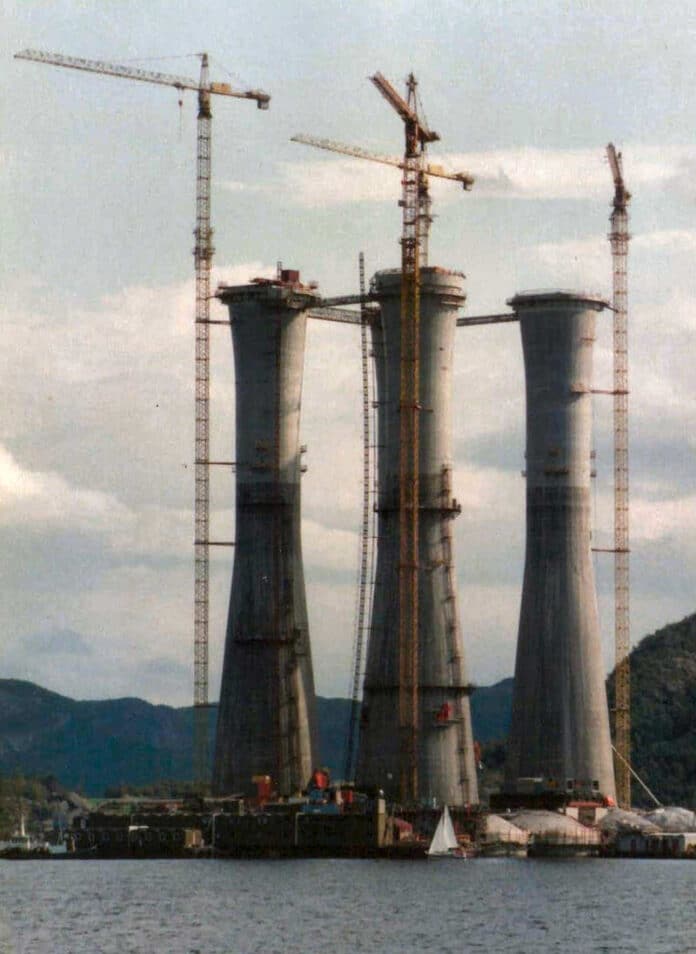Two UN Human Rights Experts say that the right to a healthy environment in Norway is in danger. They say that the right guaranteed in the Norwegian constitution is meaningless if the Supreme Court gives a green light for oil drilling licences in a case before the Supreme Court.
The Experts have published an Op-ed in Aftenposten. It focuses ona climate related case which is being heard at the Norwegian Supreme Court.
Environmental groups are challenging exploratory licences for oil-drilling in the Arctic. They say they violate a constitutional right to a healthy environment.

The UN Experts are Marcos Orellana the UN Special Rapporteur on hazardous substances and wastes and David Boyd the UN Special Rapporteur on human rights and environment. They had earlier jointly submitted a so-callded “an amicus curiae brief” to the Supreme Court.
«If Norway can approve an activity that is intended to and will foreseeably produce hundreds of millions of tonnes of emissions, then the right to a healthy environment in its constitution is effectively meaningless in the context of climate change, the greatest environmental challenge of our time,» Orellana and Boyd write in Aftenposten.
Villain or hero?
In their article they ask if Norway is a climate villain or a climate hero?
The experts maintain that Norway has both responsbility and the resources to address its climate commitments.

“Given the resources available to Norway, its historical and current roles as a major oil producer, and current levels of per capita greenhouse gas emissions well above the global average, the country has a the country has a relatively high level of both responsibility and capacity relevant to addressing its climate commitment.»
They say that the case is emblematic of the challenges many countries face. Existing global reserves of oil, gas and coal cannot be burned without going far beyond the temperature goals agreed in the Paris Agreement.
Prohibiting offshore oil exploration
The experts also point out that substantially less wealthy states than Norway, such as Belize and Costa Rica have already prohibited further offshore oil and gas exploration in order to address climate change. This also applies to richer countries such as France and New Zealand.
«The decision by the Supreme Court of Norway will have lasting impacts beyond its national borders. It will shed light on whether and how human rights can be reconciled with petroleum development in a world facing a climate emergency. Does Norway wish to exacerbate or alleviate this crisis?,» Orellana and Boyd ask in their article.
UN Special Rapporteurs are appointed by the Human Rights Council. They are independent and are not UN officials. They carry out mandates from the organization to look into and report on human rights situations around the world.
Hunger strike
One of the parties suing the Norwegian state has initiated a hunger strike during the court hearings. Jonas Kittelsen, part-taking in the hunger strike states that the goal is to “attract media’s attention to speak up about the severity of the crisis.” He criticizes what he callse “the double-moral” of the Norwegian government. He accuses it of “greenwashing while simultaneously having the fifth most aggressive plan for oil exploitations between 2019 and 2023.”






